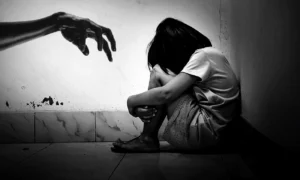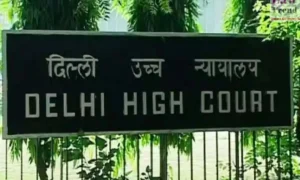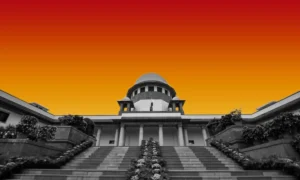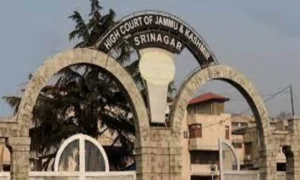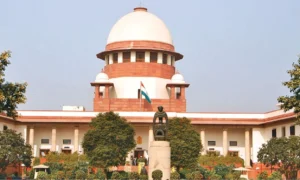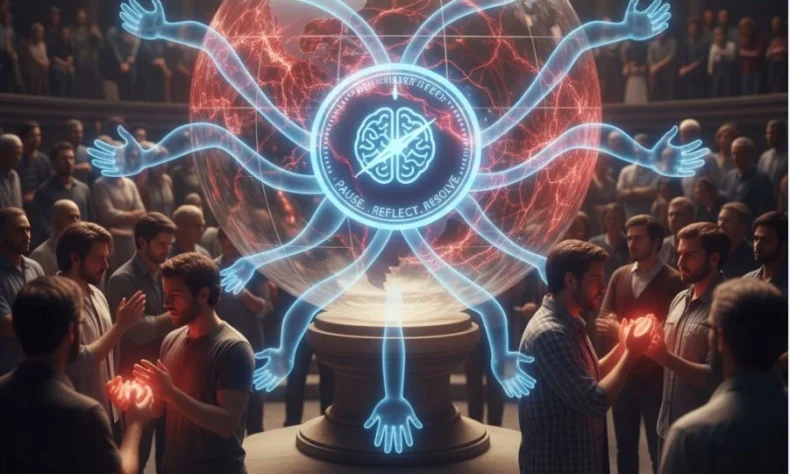
By Sujit Bhar
When Chief Justice of India (CJI) BR Gavai spoke at the second National Mediation Conference in Bhubaneswar recently, his words carried the weight of both tradition and urgency. He stressed that mediation—long a part of India’s cultural and political fabric—should not be seen merely as a tool of the legal profession, but as a societal practice empowering people to resolve disputes collaboratively. Mediation, unlike litigation, does not celebrate winners and losers. Instead, it seeks dialogue, reconciliation, and solutions that recognize the dignity of all parties.
Yet, this noble ideal, despite its ancient roots and its rising academic relevance, has failed to leave a mark on the global political and societal landscape. Even as it thrives in business negotiations and saves valuable time in civil disputes, mediation appears powerless before today’s culture of aggression, militarism, and political obstinacy. The very institutions built to advance this ethos—chief among them the United Nations—have floundered in giving it teeth.
At its essence, mediation is simple: a neutral third party assists disputants in reaching a mutually acceptable agreement. Ancient communities across the world resolved conflicts in precisely this manner, without formal courts or the coercive machinery of the state. In India, village panchayats, elders’ councils, and even religious congregations often embodied this principle. Similar traditions existed in Africa’s “palaver tree” assemblies or the Native American peace councils.
Modern mediation movements attempt to channel these traditions into formalized practices. The Mediation Act, 2023, in India is one example, giving statutory recognition to what was once only informal. In corporate law, family disputes, and commercial disagreements, mediation has reduced costs, cut delays, and fostered cooperation where litigation would have prolonged bitterness. But beyond boardrooms and court annexes, mediation has not flourished. In a society replete with political, communal, and global conflicts, this instrument—designed precisely for peace—remains marginal.
THE FAILURE OF GLOBAL MEDIATION
The United Nations was born from the ashes of World War II as humanity’s collective promise: “never again”. Mediation and peaceful resolution were its very foundation. Article 33 of the UN Charter explicitly lists “negotiation, enquiry, mediation, conciliation, arbitration, judicial settlement” as tools for resolving disputes.
Yet, nearly eight decades later, the UN’s mediation record is dismal. Far from forestalling conflict, the world body has often been reduced to issuing resolutions devoid of enforcement. Its most powerful organ, the Security Council, has become a stage for geopolitical grandstanding rather than dialogue.
Think Ukraine: Since Russia’s invasion in 2022, mediation could have saved hundreds of thousands of lives. Instead, the Security Council—paralyzed by Russia’s veto power—became irrelevant. Calls for ceasefires and peace talks were smothered under the weight of geopolitical calculations by NATO, the US, and Russia. The UN’s Secretary-General has tried shuttle diplomacy, but with little credibility and no enforcement mechanism, these attempts have been symbolic at best.
Consider the Gaza Strip: This presents an even starker picture. Israel’s ongoing bombardment and what many describe as acts of genocide against Palestinians have left the UN toothless. Security Council resolutions demanding a ceasefire have been repeatedly vetoed, most often by the United States. Mediation in this case is not just absent—it is actively undermined by powerful states shielding their allies.
Thus, the UN, an institution meant to embody humanity’s commitment to peaceful resolution, has itself become hostage to the absence of mediation.
LOCAL LAWS, GLOBAL FAILURES
Where global mediation mechanisms fail, what about local laws? Nations have enacted mediation statutes, established conciliation boards, and even experimented with community mediation centres. These have had some success in the private sphere. But when it comes to political leadership, these tools lose all potency.
Authoritarian leaders or populist demagogues rarely submit themselves to dialogue. National laws are often manipulated to entrench their power rather than mediate their conflicts. Domestic institutions, even when empowered to mediate, are brushed aside when political stakes are high.
The International Court of Justice (ICJ), too, reflects this helplessness. Its rulings, though legally binding, lack enforcement. In 2022, the ICJ ordered Russia to suspend its military operations in Ukraine. Moscow ignored it. In 2024, the ICJ found Israel’s actions in Gaza to be “plausibly genocidal”. Israel not only rejected the finding, but escalated its campaign. The ICJ could not compel compliance, proving that legal pronouncements without mediation, dialogue, and enforcement mechanisms are futile.
MEDIATION AND THE MILITARIZED WORLD
The failure of mediation today stems not from flaws in the concept itself, but from the environment in which it seeks to operate. Mediation assumes a willingness to talk, to consider compromise, to pause before action. But global politics today is driven by three corrosive factors:
1. Militarism and the war economy: Defence industries, backed by trillion-dollar budgets, thrive on conflict. Peace through mediation is not profitable.
2. Authoritarian populism: Leaders gain domestic legitimacy not by compromise, but by projecting strength. Mediation, seen as weakness, becomes politically toxic.
3. Global power asymmetry: Mediation requires equality of voice. But the world order is hierarchical. When powerful states dictate terms, mediation becomes a façade, not a genuine dialogue.
CAN MEDIATION BE FORCED?
Justice Gavai’s suggestion that mediation be cultivated as a people’s practice offers a glimmer of possibility. Could mediation be forcefully integrated into daily life, beyond the courtroom? What if societies insisted that community disputes, interfaith tensions, or even political disagreements undergo mandatory mediation before escalation?
At the global level, could the Security Council be reformed to mandate mediation before military action? Could the ICJ’s rulings be tied to enforceable mediation frameworks with sanctions for non-compliance? These are radical, even utopian, ideas—but they might be necessary in an age where dialogue is scorned.
One proposal could be to create a Global Mediation Council within the UN system, independent of veto politics, with powers to convene parties in any conflict and enforce pauses in hostilities for dialogue. Another could be to embed mediation as a constitutional duty at the national level, requiring governments to pursue dialogue before military or punitive actions.
LIMITED SUCCESS IN LAW AND BUSINESS
Ironically, the one sphere where mediation has seen steady success is business law. Commercial mediation has saved corporations years of litigation and billions in costs. Courts, worldwide, now encourage mediation in civil disputes before allowing litigation to proceed. This demonstrates the doctrine’s utility.
However, when applied to society, politics, or war, mediation seems to evaporate. Communities fractured by identity politics, states armed to the teeth, and leaders bent on absolutism resist the very ethos of compromise. The societal dimension of mediation—once embodied in village assemblies or local councils—has largely disappeared in modern life.
Mediation represents humanity’s higher instincts—dialogue over violence, reconciliation over domination. Yet, in today’s conflict-ridden world, it is reduced to a marginal tool. The UN has failed to institutionalize it. The Security Council is shackled by vetoes. Local laws lack the force to compel political leaders. And global courts, without enforcement, are impotent.
In an era where headstrong leaders and billion-dollar war machines dictate global realities, mediation is dismissed as idealism. Yet, precisely because the world is so conflict-ridden, the forced application of mediation may be the only way forward. Without it, humanity is doomed to repeat cycles of war, genocide, and destruction.
CJI Gavai’s reminder that mediation is “for the people, by the people” is not just a call to lawyers—it is a call to humanity. Unless societies reclaim mediation as a lived practice, not just a legal doctrine, peace will remain elusive. Mediation’s failure today is not its own—it is ours.
📰 Crime Today News is proudly sponsored by DRYFRUIT & CO – A Brand by eFabby Global LLC
Design & Developed by Yes Mom Hosting

